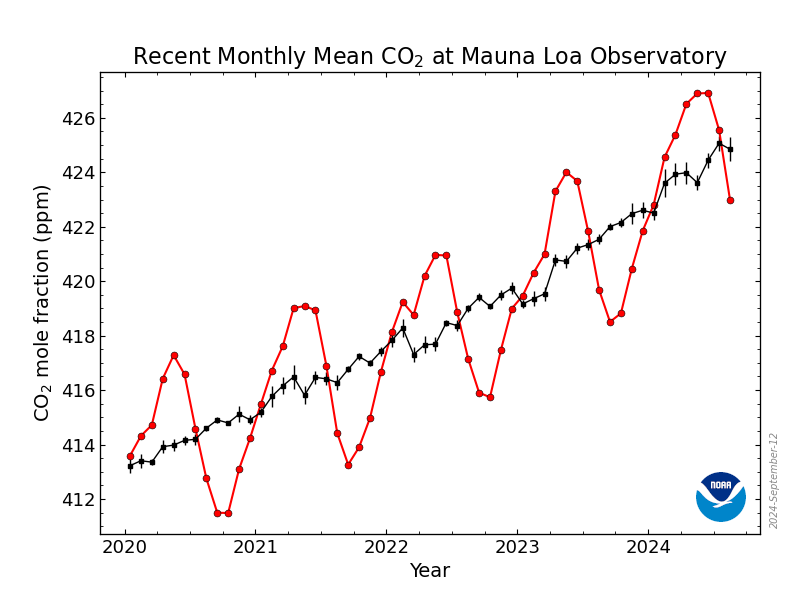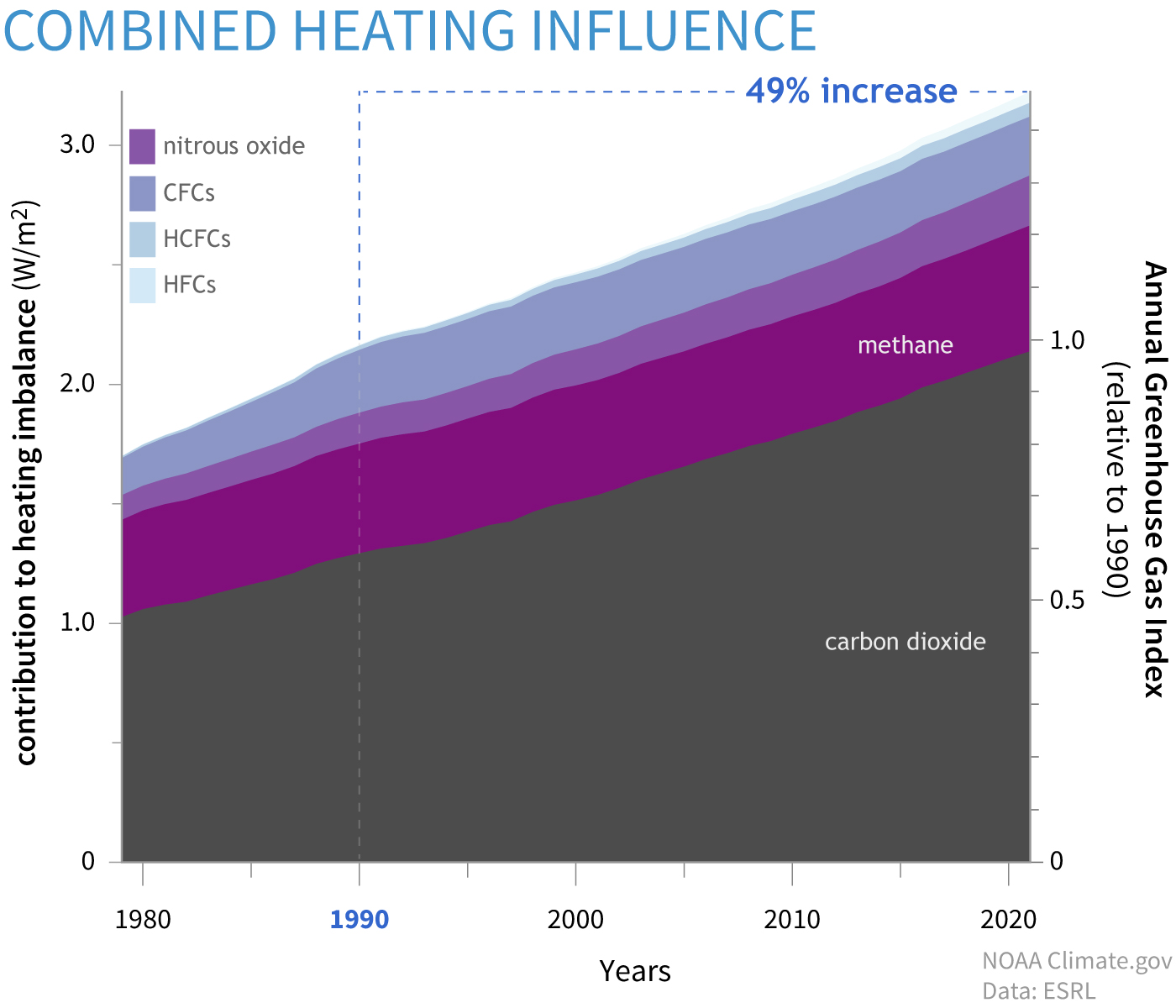Welcome to DU!
The truly grassroots left-of-center political community where regular people, not algorithms, drive the discussions and set the standards.
Join the community:
Create a free account
Support DU (and get rid of ads!):
Become a Star Member
Latest Breaking News
Editorials & Other Articles
General Discussion
The DU Lounge
All Forums
Issue Forums
Culture Forums
Alliance Forums
Region Forums
Support Forums
Help & Search
Environment & Energy
In reply to the discussion: Washington University: Researchers create novel electro-biodiesel more efficient, cleaner than alternatives [View all]OKIsItJustMe
(20,771 posts)18. I take it your father is recently deceased. You must miss him. I am sorry for your loss.
I will not give you my CV. I’m not looking for a new job.
You are quite presumptuous to claim:
You still don't understand that most electricity is generated by burning fossil fuels and your further don't understand that the supply of fossil fuels is finite. This unavoidable reality requires a new source of energy.
I know these things all too well, I’ve known them for several decades. If you bother to read any of my postings that much should be abundantly clear.
While the supply of fossil fuels is indeed finite, that’s not actually the problem here. The problem is how much of them we are burning and how much we have already burnt. That’s more than enough to kill us, without burning any more. Burning all of the fossil fuels available will simply hasten our death.
For the past 800,000 years or so atmospheric levels of CO₂ have essentially never been above 300 ppm, well until the latter half of the 20th century that is:

Now, they’re rapidly heading for 430 ppm, with no sign of slowing:

That leads to heating.

It’s important to understand, the heating is not caused by our rate of emissions per se. Our emissions simply add to the level of GHG’s in the atmosphere, which are already far too high. The heating will not slow when we cut emissions. It will not slow until atmospheric concentrations of CO₂ are lower (or Earth reaches an equilibrium, estimated to be as much as 10°C above pre-industrial temperatures) and, at this point, due to present heating, there are other sources of greenhouse gases to worry about (like burning forests, methane releases from former “permafrost…”) — It may be out of our hands. We may have crossed a “tipping point."
“Green hydrogen” is not the answer, any more than renewables or nuclear are the answer.
James Hansen and his colleagues have made rather clear what “the answer” is:
https://doi.org/10.1093/oxfclm/kgad008
…
First, underlying economic incentives must be installed globally to promote clean energy and discourage CO₂ emissions. Thus, a rising price on GHG emissions is needed, enforced by border duties on products from nations without a carbon fee. Public buy-in and maximum efficacy require the funds to be distributed to the public, which will also address wealth disparity. Economists in the U.S. support carbon fee-and-dividend [207]; college and high school students join in advocacy [208]. A rising carbon price creates a level playing field for energy efficiency, renewable energy, nuclear power, and innovations; it would spur the thousands of ‘miracles’ needed for energy transition. However, instead, fossil fuels and renewable energy are now subsidized. Thus, nuclear energy has been disadvantaged and excluded as a ‘clean development mechanism’ under the Kyoto Protocol, based on myths about nuclear energy unsupported by scientific fact [209]. A rising carbon price is crucial for decarbonization, but not enough. Long-term planning is needed. Sweden provides an example: 50 years ago, its government decided to replace fossil fuel power stations with nuclear energy, which led to its extraordinary and rapid decarbonization (Fig. 32).
Second, global cooperation is needed. De facto cooperation between the West and China drove down the price of renewable energy. Without greater cooperation, developing nations will be the main source of future GHG emissions (Fig. 28). Carbon-free, dispatchable electricity is a crucial need. Nations with emerging economies are eager to have modern nuclear power because of its small environmental footprint. China-U.S. cooperation to develop low-cost nuclear power was proposed, but stymied by U.S. prohibition of technology transfer [210]. Competition is normal, but it can be managed if there is a will, reaping benefits of cooperation over confrontation [211]. Of late, priority has been given instead to economic and military hegemony, despite recognition of the climate threat, and without consultation with young people or seeming consideration of their aspirations. Scientists can support an ecumenical perspective of our shared future by expanding international cooperation. Awareness of the gathering climate storm will grow this decade, so we must increase scientific understanding worldwide as needed for climate restoration.
Third, we must take action to reduce and reverse Earth’s energy imbalance. Highest priority is to phase down emissions, but it is no longer feasible to rapidly restore energy balance via only GHG emission reductions. Additional action is almost surely needed to prevent grievous escalation of climate impacts including lock-in of sea level rise that could destroy coastal cities world-wide. At least several years will be needed to define and gain acceptance of an approach for climate restoration. This effort should not deter action on mitigation of emissions; on the contrary, the concept of human intervention in climate is distasteful to many people, so support for GHG emission reductions will likely increase. Temporary solar radiation management (SRM) will probably be needed, e.g. via purposeful injection of atmospheric aerosols. Risks of such intervention must be defined, as well as risks of no intervention; thus, the U.S. National Academy of Sciences recommends research on SRM [212]. The Mt. Pinatubo eruption of 1991 is a natural experiment [213, 214] with a forcing that reached [30] –3 W/m². Pinatubo deserves a coordinated study with current models. The most innocuous aerosols may be fine salty droplets extracted from the ocean and sprayed into the air by autonomous sailboats [215]. This approach has been discussed for potential use on a global scale [216], but it needs research into potential unintended effects [217]. This decade may be our last chance to develop the knowledge, technical capability, and political will for actions needed to save global coastal regions from long-term inundation.
…
First, underlying economic incentives must be installed globally to promote clean energy and discourage CO₂ emissions. Thus, a rising price on GHG emissions is needed, enforced by border duties on products from nations without a carbon fee. Public buy-in and maximum efficacy require the funds to be distributed to the public, which will also address wealth disparity. Economists in the U.S. support carbon fee-and-dividend [207]; college and high school students join in advocacy [208]. A rising carbon price creates a level playing field for energy efficiency, renewable energy, nuclear power, and innovations; it would spur the thousands of ‘miracles’ needed for energy transition. However, instead, fossil fuels and renewable energy are now subsidized. Thus, nuclear energy has been disadvantaged and excluded as a ‘clean development mechanism’ under the Kyoto Protocol, based on myths about nuclear energy unsupported by scientific fact [209]. A rising carbon price is crucial for decarbonization, but not enough. Long-term planning is needed. Sweden provides an example: 50 years ago, its government decided to replace fossil fuel power stations with nuclear energy, which led to its extraordinary and rapid decarbonization (Fig. 32).
Second, global cooperation is needed. De facto cooperation between the West and China drove down the price of renewable energy. Without greater cooperation, developing nations will be the main source of future GHG emissions (Fig. 28). Carbon-free, dispatchable electricity is a crucial need. Nations with emerging economies are eager to have modern nuclear power because of its small environmental footprint. China-U.S. cooperation to develop low-cost nuclear power was proposed, but stymied by U.S. prohibition of technology transfer [210]. Competition is normal, but it can be managed if there is a will, reaping benefits of cooperation over confrontation [211]. Of late, priority has been given instead to economic and military hegemony, despite recognition of the climate threat, and without consultation with young people or seeming consideration of their aspirations. Scientists can support an ecumenical perspective of our shared future by expanding international cooperation. Awareness of the gathering climate storm will grow this decade, so we must increase scientific understanding worldwide as needed for climate restoration.
Third, we must take action to reduce and reverse Earth’s energy imbalance. Highest priority is to phase down emissions, but it is no longer feasible to rapidly restore energy balance via only GHG emission reductions. Additional action is almost surely needed to prevent grievous escalation of climate impacts including lock-in of sea level rise that could destroy coastal cities world-wide. At least several years will be needed to define and gain acceptance of an approach for climate restoration. This effort should not deter action on mitigation of emissions; on the contrary, the concept of human intervention in climate is distasteful to many people, so support for GHG emission reductions will likely increase. Temporary solar radiation management (SRM) will probably be needed, e.g. via purposeful injection of atmospheric aerosols. Risks of such intervention must be defined, as well as risks of no intervention; thus, the U.S. National Academy of Sciences recommends research on SRM [212]. The Mt. Pinatubo eruption of 1991 is a natural experiment [213, 214] with a forcing that reached [30] –3 W/m². Pinatubo deserves a coordinated study with current models. The most innocuous aerosols may be fine salty droplets extracted from the ocean and sprayed into the air by autonomous sailboats [215]. This approach has been discussed for potential use on a global scale [216], but it needs research into potential unintended effects [217]. This decade may be our last chance to develop the knowledge, technical capability, and political will for actions needed to save global coastal regions from long-term inundation.
…
I encourage you to read the entire paper.
Edit history
Please sign in to view edit histories.
28 replies
 = new reply since forum marked as read
Highlight:
NoneDon't highlight anything
5 newestHighlight 5 most recent replies
RecommendedHighlight replies with 5 or more recommendations
= new reply since forum marked as read
Highlight:
NoneDon't highlight anything
5 newestHighlight 5 most recent replies
RecommendedHighlight replies with 5 or more recommendations
Washington University: Researchers create novel electro-biodiesel more efficient, cleaner than alternatives [View all]
OKIsItJustMe
Sunday
OP
I take it your father is recently deceased. You must miss him. I am sorry for your loss.
OKIsItJustMe
Thursday
#18
Please understand, I do not disrespect your father's credentials. I know you are very proud of them.
OKIsItJustMe
Thursday
#20
Permit me to correct you a little. Yes, there is a term "Clean Diesel" in the industry...
CoopersDad
23 hrs ago
#22
I never said it was a solution. But it's better than fossil fuels until we can do better than we do now.
CoopersDad
19 min ago
#28